Our Expertise and Research
The research interest and expertise of our members encompasses six key Centre themes. Most research and training needs in biosecurity cut across multiple domains of expertise. A strength of our Centre is that our expertise extends across multiple disciplines, and we work collaboratively to apply our expertise to address challenges from taxonomic to technical, from the laboratory to the landscape. Across these themes we engage with indigenous communities, government, industry, the broader public, and international partners to respond to their research needs.
We partner with researchers in the Centre for Tropical Bioinformatics and Molecular Biology, Centre for Tropical Environmental and Sustainability Sciences, The Centre for Sustainable Tropical Fisheries and Aquaculture, Agriculture Technology and Adoption Centre (AgTac) as relevant to achieve research and training outcomes.
Invasive species ecology and management
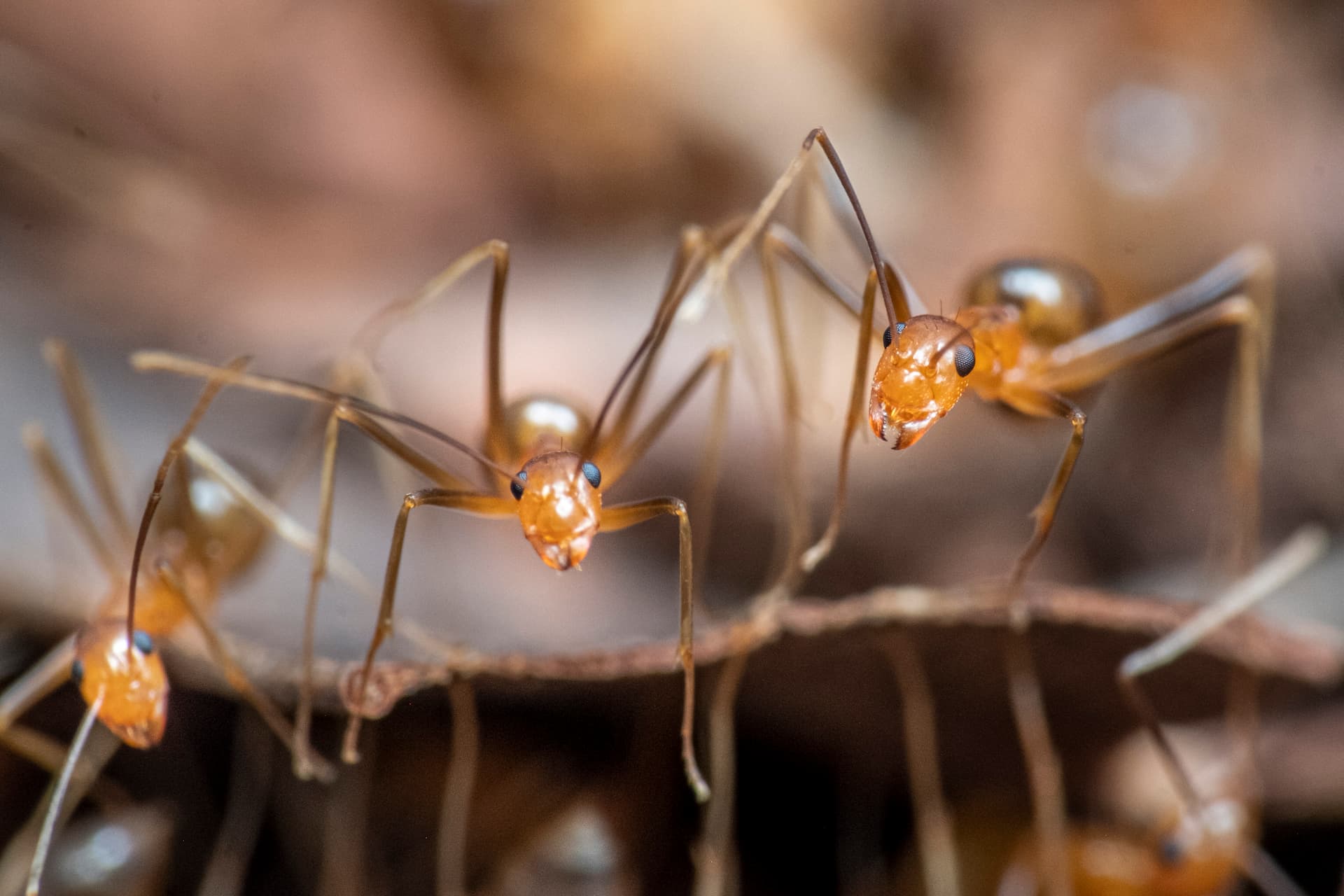
Credit to Peter Yeeles
Research on the dispersal, establishment, persistence, spread, and impact of invasive species.
Preventing, managing, and mitigating the effects of invasive species requires knowledge of their biology. The study of invasion biology includes species dispersal, establishment, persistence, spread, and impact. A key aim is to identify characteristics that distinguish invasive from other introduced and native species. This knowledge can then be used to advise an outbreak response. Researchers have experience with a range of invasive taxa that threaten northern Australia and the management responses that are necessary to minimise the threats.
JCU researchers have a diverse range of biological expertise encompassing all major taxa: plants, fungi, vertebrates (birds, mammals, herpetofauna, fish), and invertebrates. Being based in the tropics, we are well-situated to research the biology of the many species that are introduced through our ports and threaten the agriculture and unique diversity of northern Australia. For example, Queensland has the distinction of having more invasive social insect species than any other state. These ants and bees have significant effects on local, state, and national economies through their impacts on agriculture, tourism, human health, and the environment. Similarly, invasive plants, vertebrates and fungal outbreaks are one of the highest priorities for land management in the region. JCU researchers are internationally recognised for their expertise in the ecology and biology of a diverse range of taxa, and readily apply their knowledge to local and regional problems.
Key contacts:
Terrestrial weeds: Dr Daniel Montesinos
Plant pathogens: Dr Matt Barrett
Insects: Dr Myles Menz, Associate Professor Lori Lach
Terrestrial vertebrates: Professor Lin Schwarzkopf, Associate Professor Conrad Hoskin
Marine flora: Dr Michael Rasheed, Dr Alex Carter
Estuarine and coastal fauna: Dr Nathan Waltham
Seagrass and coral reef fauna: Dr Alex Carter
Freshwater flora and fauna: Professor Damien Burrows, Dr Nathan Waltham
Quantitative approaches

Credit to JCU online data science web page
Understanding the potential for biosecurity threats to spread, whether in human populations or across the natural landscape, is crucial for prevention, impact mitigation, containment, and eradication. For example, biostatistics and mathematical models inform policy approaches to address vector-borne diseases and tuberculosis. Likewise, species distribution and invasion models help us assess where pest species are, and where they could potentially spread.
The modelling approaches developed at JCU are broadly applicable to all taxa, draw on expertise with geographic information systems, information technology, machine learning, high performance computing, and ecology, and provide decision-making tools to many external stakeholders. Ongoing research and development encompass optimization of and development of modelling algorithms, novel ways to collect data, and transformative ways to visualize and expose data such that it can be used to inform management and policy development.
Key contacts: Professor Emma McBryde, Dr Martijn van de Pol, Dr Tao (Kevin) Huang, Associate Professor Roslyn Hickson
Production systems
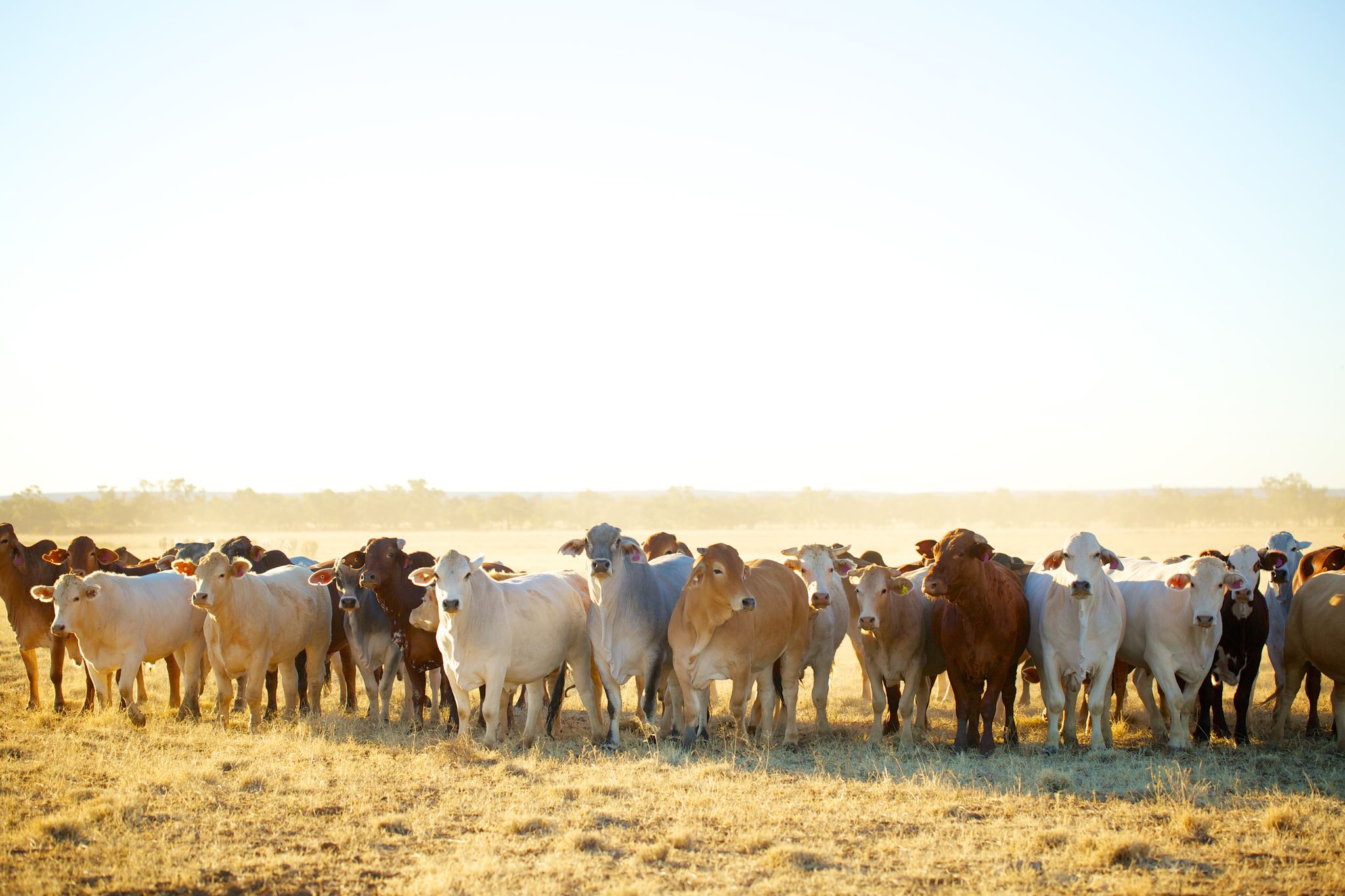
Stock images – JCU use only Copyright Wesley Tolhurst Credit Getty Images/iStockphoto
From bananas to sugar cane, agriculture is a critical industry for northern Australia and one that faces multiple biosecurity threats. Researchers at JCU are at the forefront of developing innovative and novel approaches to improve prevention, detection, and response to pests, pathogens, and weeds to improve yields and sustain market access.
Research conducted by JCU researchers enables fisheries and aquaculture and government stakeholders, to make informed decisions about stock structure, disease management and import regulations. JCU research expertise ranges from viral and bacterial pathogens of fish and crustaceans, through to metazoan parasites of fish. This marriage of pure and applied research has led to the development of unique and strong partnerships among industry, academia, and government agencies. Projects apply research expertise in genetics, nutrition, biotechnology, and bioinformatics. Centre for Tropical Biosecurity researchers are closely aligned with the Centre for Sustainable Tropical Fisheries and Aquaculture.
Key contacts: Dr Kelly Condon, Dr Susan Gibson-Kueh
Northern Australia provides nearly 75% of the economic value in the country’s beef cattle industry. However, the region is also at high risk for invasive pests, weeds, pathogens, and other biosecurity threats. With a strong focus on rural and remote contexts, JCU researchers are working with farmers, industry, and government to meet the needs and concerns of primary producers to investigate and reduce the biosecurity risks for northern Australia. We aim to improve the health status of animal populations and analyse, formulate, and communicate solutions to complex disease problems using a One Health approach.
Key contacts: Dr Erin Graham, Professor Bruce Gummow
Social and systems biosecurity
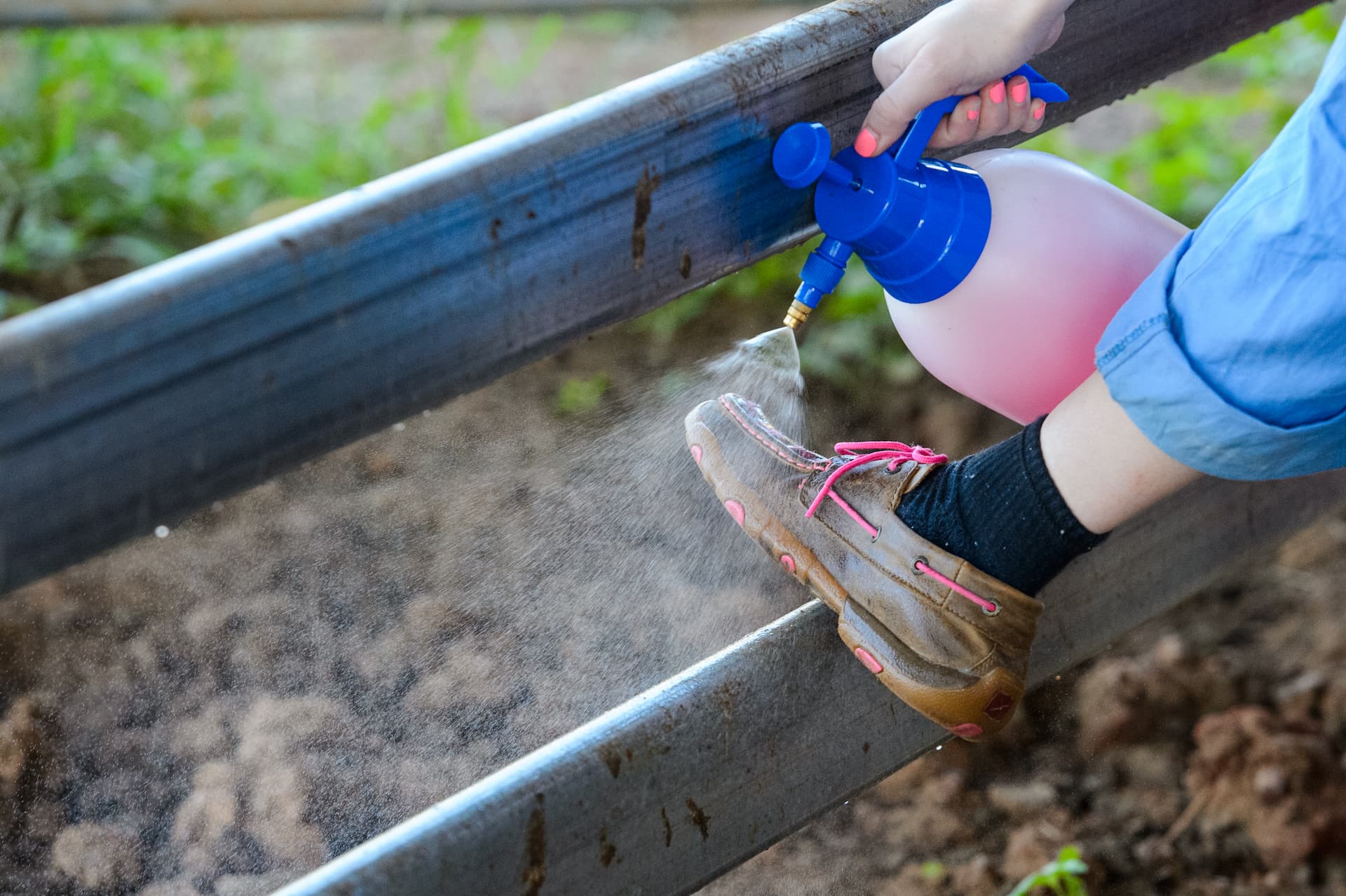
Credit to TNQ Drought Hub
Prevention of biological invasion requires effective development and implementation of biosecurity policy. However, an understanding of the social and human factors that may influence effective implementation and adherence to these policies is also necessary. Successful engagement in biosecurity practices requires a bottom-up approach to policy development to ensure that stakeholders recognise the need for biosecurity management, and that the benefits of the recommended practices outweigh the costs of engagement. To address this issue, biosecurity research at JCU includes researchers from across social and behavioural sciences, business, governance, and economics to explore the underlying mechanisms of successful adoption of biosecurity practices that have measurable outcomes for industry, community, and government.
Current research activities focus on biosecurity policy, practices and issues in primary industries, such as livestock and aquaculture. A current challenge for biosecurity management across these industries is to communicate key policy messages appropriately to on-the-ground stakeholders. A lack of communication can result in inconsistencies in adherence to recommended biosecurity practices. Research within the livestock industry suggests that key social and contextual factors may explain this gap between policy and practice. These factors include low trust between stakeholders and policy communicators, accessibility issues due to isolation from services, and cost-benefit imbalance whereby the cost of time and potential financial ramifications outweigh the benefit of implementing a practice that may not be effective.
Key contacts: Dr Connar McShane, Dr Rachel Hay, Associate Professor Roslyn Hickson, Dr Leo Foyle
Tools and technology
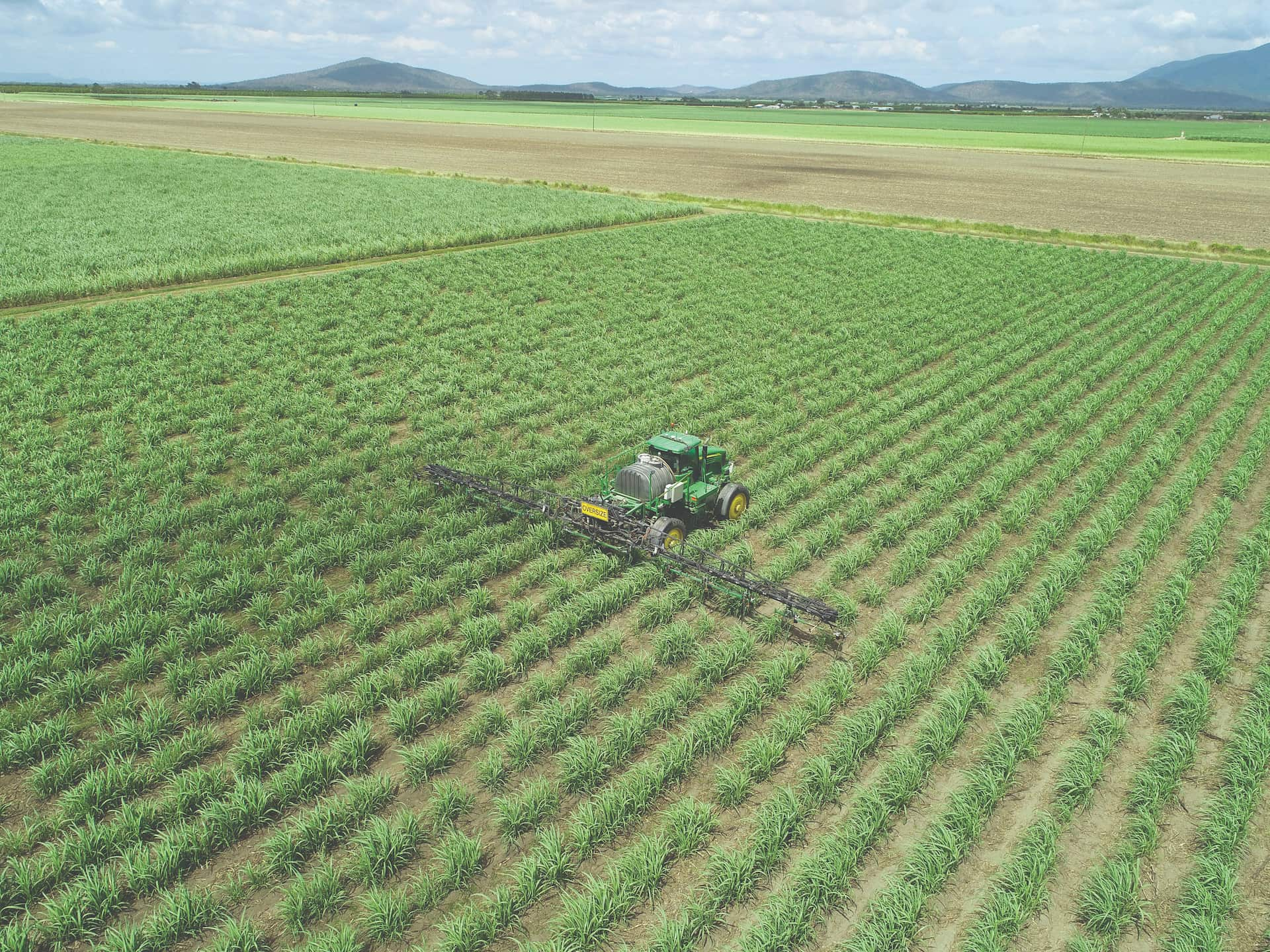
Credit to Alex Olsen, Autoweed
Developing techniques and technology to advance our ability to detect and respond to biosecurity threats.
Environmental DNA (eDNA) techniques use water, soil, or sediment samples to detect target species, without even sighting them. Environmental DNA techniques have a wide range of applications from biodiversity monitoring and early detection of invasive species to animal diet assessment. These techniques can be used to detect a wide variety of taxonomic groups such as bacteria, viruses, fungi, plants, crustaceans, molluscs, invertebrates, fish, amphibians, birds, and mammals.
Researchers at JCU are at the forefront of developing and applying eDNA solutions in Australia, with proven application of the technology, even in challenging environments such as remote areas of Australia. With a modern and comprehensive equipped molecular genetics laboratory, JCU researchers eDNA approaches can be quickly developed and applied to detecting species in multiple different habitats.
Key contact: Dr Cecilia Villacorta-Rath
Electronic sensors and artificial intelligence offer tremendous opportunity to scale up detection and control efforts. For instance, JCU researchers are developing artificial intelligence techniques to visually detect weeds amongst other plants for the purpose of efficient, targeted spraying of herbicides. These methods can also be used to generate maps of weed infestations to inform control efforts. We also have expertise in near infrared spectroscopy (NIRS), which for example can be used to find horticultural produce that has been infested by an insect pest such as fruit flies, so that infested fruit/vegetables can be removed from the supply chain. Automated electronic sensors can monitor endemic pest pressure and potentially even give early detection of exotic species. With fully equipped engineering workshops, JCU researchers can design and test a range of smart technologies for biosecurity applications.
Key contacts: Dr Bronson Philippa, A/Prof Mostafa Rahimi Azghadi, Dr Tao Huang
The Remote Sensing group provides remotely sensed data collection and processing capabilities for collaborators across a range of disciplines and organisations. Our fleet of Remotely Piloted Aircraft systems (RPAS, or drones) and specialised sensors are equipped to collect a wide range of quantitative, high resolution environmental data such as water quality, crop health (including plant stress and disease), and weed spread.
Key contacts: Associate Professor Karen Joyce
Zoonoses and emerging diseases
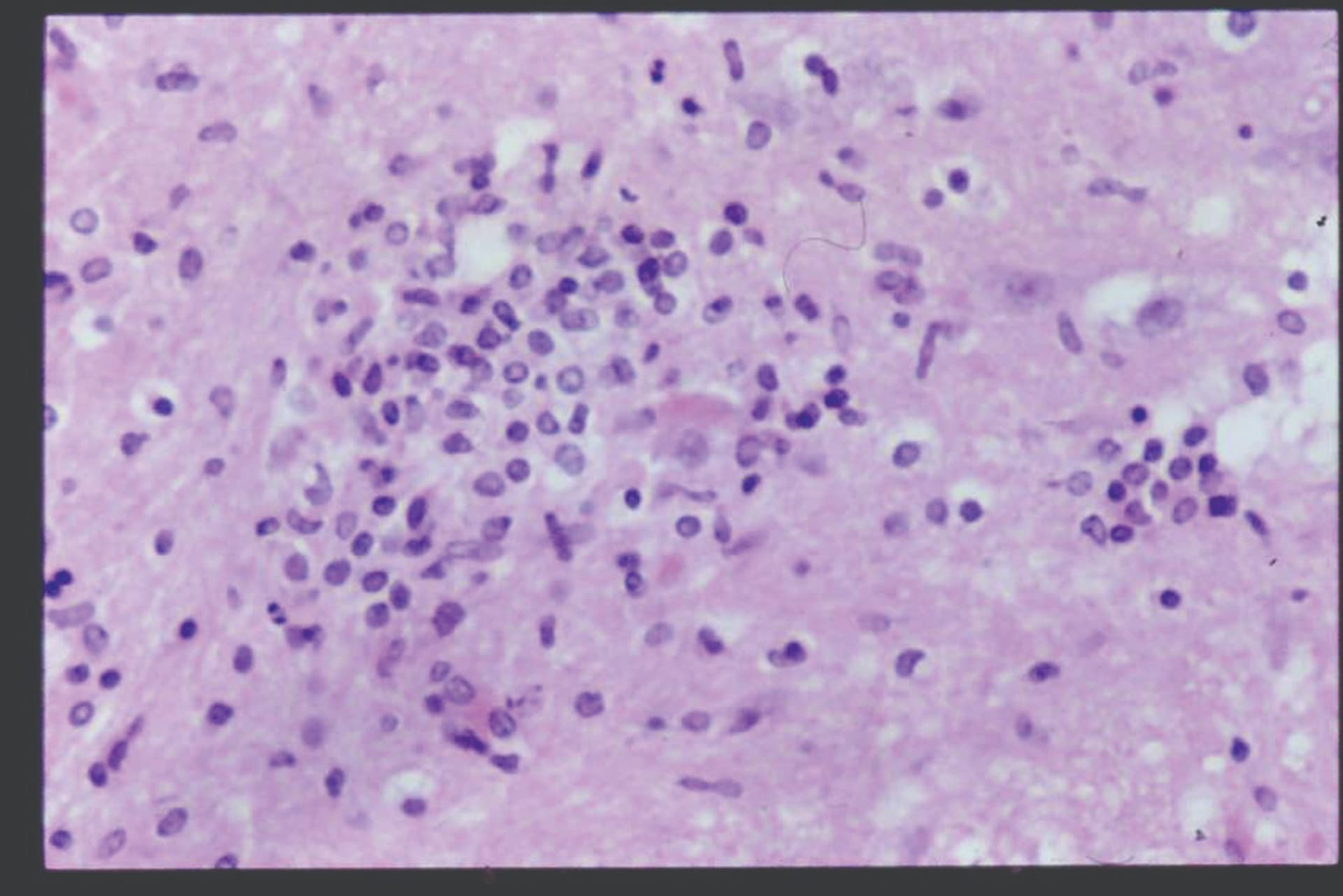
Credit Biosecurity Brochure (Author Unknown)
Identifying risk factors for pathogen spillover and applying epidemiology to understand risks.
Approximately 60% of all pathogens that infect humans are zoonotic in origin. The recent emergence and global spread of COVID-19 has highlighted the potential impacts of novel pathogens to public and animal health. Our work focuses on the risk factors and epidemiology of zoonotic and emerging pathogens in high-risk interfaces where there is increased risk of pathogen spillover between different species. JCU researchers are engaged in a diverse range of research, surveillance, and training initiatives to better understand the risks of pathogen emergence in these settings. We have developed collaborations throughout the Indo-Pacific region to help reduce regional biosecurity risks.
Current research focuses on the factors associated with increased risk of pathogen emergence, with projects investigating the role of wildlife as disease reservoirs, the transmission of pathogens by arthropod vectors, the genetic factors associated with increased transmission or virulence, and the dynamics of pathogen circulation in response to environmental pressures.
Key contacts: Associate Professor Paul Horwood, Professor Bruce Gummow